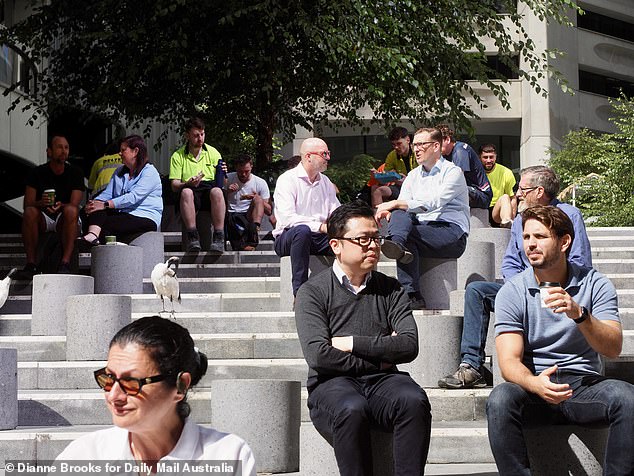Medibank makes huge four-day work week move
Australia’s largest health insurer will double the number of employees who can work four days a week without a pay cut.
Medibank, which employs almost 4,000 staff, made the announcement after a successful six-month trial period in which 250 employees were given a reduced working week.
The health insurer had adopted the new work trend at the end of October and transitioned employees to a 100:80:100 model, meaning 100 percent of pay, 80 percent of the time, at 100 percent productivity.
Participants, including people who worked part-time or in customer-facing roles, were “happier, healthier and more efficient,” The Australian reported.
The program will be expanded to include an additional 250 employees, bringing the total number of staff working a four-day week to 500.
Medibank head of people and sustainability Kylie Bishop said working fewer hours has had some benefits.
“We have seen significant and sustained improvements in employee engagement, job satisfaction and participant health and wellbeing, while maintaining business performance and customer outcomes,” Ms Bishop said.
‘The shortened week allowed for a concentrated effort in planning and clearer coordination and agreement on the results and the way the work is carried out.’
Australia’s largest health insurer will double the number of employees who can work four days a week without having their wages cut
According to Medibank, employees who worked four days were 4.5 percent more satisfied with their work and 6.7 percent more engaged.
Ms Bishop said the scheme led to less ‘low value work’, including unnecessary meetings and ‘double handling’.
The biggest benefit for employees was reducing stress over time commitments in ‘work-family conflict’, which fell by 31.4 percent.
Staff also reported a 29.9 percent decrease in sleep disorders, a 17.5 percent decrease in unhealthy eating and a 16.3 percent increase in overall health.
People also said they were better able to psychologically detach from work and were more resilient.
The trial was part of the 4 Day Week Global movement, which was founded by New Zealand entrepreneur Andrew Barnes after his financial services company Perpetual Guardian started working fewer hours in 2018.
Wesfarmers-owned Bunnings has also trialled different working models, such as a four-day week or a nine-day week, a first for Australian retail.

The program will be expanded to include an additional 250 employees, bringing the total number of staff working a four-day week to 500.
Anti-poverty charity Oxfam Australia is believed to be the first company in the country to trial a 30-hour working week in March.
Oxfam Australia CEO Lyn Morgain said “human capital is precious” and companies should explore different models that promote a good workplace culture.
Unilever, maker of Australian homewares Dove, Rexona, Surf, Omo, TRESemmé, Continental and Streets, announced it would extend the 4-day working week trial to its Australian operations in 2022.
In December 2020, Unilever New Zealand introduced a four-day working week in a successful 18-month trial.
The New Zealand pilot found that 67 percent of employees reported better work-life balance, while stress decreased by 33 percent and absenteeism decreased by 34 percent, all while meeting business and revenue targets.
